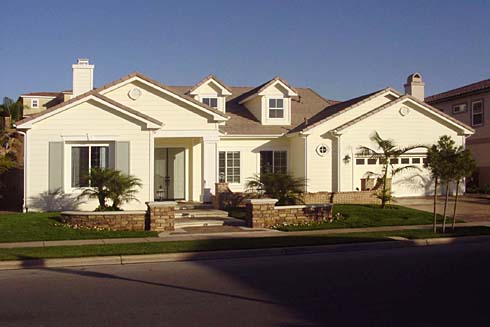EXTENDED COVERAGE
Understanding Extended Coverage in Real Estate Insurance
In the realm of real estate insurance, extended coverage plays a critical role in safeguarding properties against specific incidents that are typically excluded from standard insurance policies. While standard insurance provides essential coverage for common risks, extended coverage offers additional protection for a broader range of perils, enhancing the overall risk management strategy for property owners and investors.
Importance of Extended Coverage
Comprehensive Protection
Extended coverage serves as a vital component of comprehensive risk management, addressing specific perils that may pose significant financial or structural risks to real estate assets. By encompassing a wider array of potential hazards, such as certain natural disasters or unforeseen events, extended coverage provides property owners with a more robust safeguard against unexpected losses.
Tailored Risk Mitigation
Real estate properties are subject to diverse and evolving risks, and standard insurance policies may not fully address all potential threats. Extended coverage allows property owners to tailor their insurance protection to align with the unique risk profile of their assets, offering a personalized approach to risk mitigation that goes beyond the limitations of standard policies.
Application in Real Estate
Property Preservation
In the context of real estate, extended coverage can be instrumental in preserving the value and integrity of properties, especially in the face of less common but potentially devastating events. By securing extended coverage, property owners can fortify their insurance portfolio, ensuring that their assets are shielded against a broader spectrum of risks.
In the context of real estate, extended coverage can be instrumental in preserving the value and integrity of properties, especially in the face of less common but potentially devastating events. By securing extended coverage, property owners can fortify their insurance portfolio, ensuring that their assets are shielded against a broader spectrum of risks.
Enhanced Investment Security
For real estate investors, extended coverage provides an added layer of security, mitigating the impact of unforeseen incidents that could jeopardize the financial viability of their investments. By mitigating specific risks that standard insurance may overlook, extended coverage bolsters the resilience of real estate portfolios, underpinning long-term investment stability.
Conclusion
In the dynamic landscape of real estate insurance, extended coverage emerges as a pivotal tool for fortifying properties against a diverse array of risks. By embracing the concept of extended coverage and its implications for risk management in real estate, property owners and investors can enhance the resilience of their assets, safeguard their investments, and navigate the complexities of property ownership with greater confidence. Understanding the value of extended coverage empowers stakeholders to proactively manage risks, fortify their insurance strategies, and uphold the enduring value of real estate assets in the face of unforeseen challenges.
MORE REAL ESTATE TERMS
A, B, C, D, E, F, G, H, I, J, K, L, M, N, O, P, Q, R, S, T, U, V, W, X, Y, Z
Featured New Home

Featured Mortgage Brokers
- MOVEMENT MORTGAGE LLC, GASTONIA, NC
1000 S NEW HOPE RD
GASTONIA, NC 28054 - FIDELITY BANK, ATHENS, GA
1045 S MILLEDGE AVE STE 200
ATHENS, GA 30605 - INDEPENDENT BANK, MT PLEASANT, MI
319 E BROADWAY ST
MT PLEASANT, MI 48858 - ALCOVA MORTGAGE LLC, ROANOKE, VA
305 MARKET ST SE STE 204
ROANOKE, VA 24011 - PRIMELENDING A PLAINSCAPITAL COMPANY, MELVILLE, NY
200 BROADHOLLOW RD STE 207
MELVILLE, NY 11747